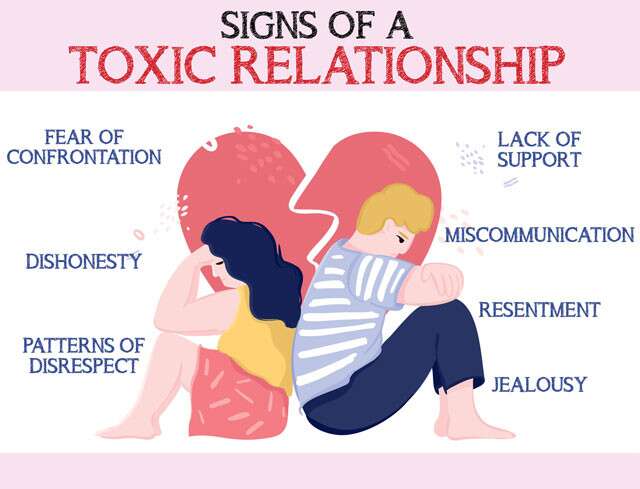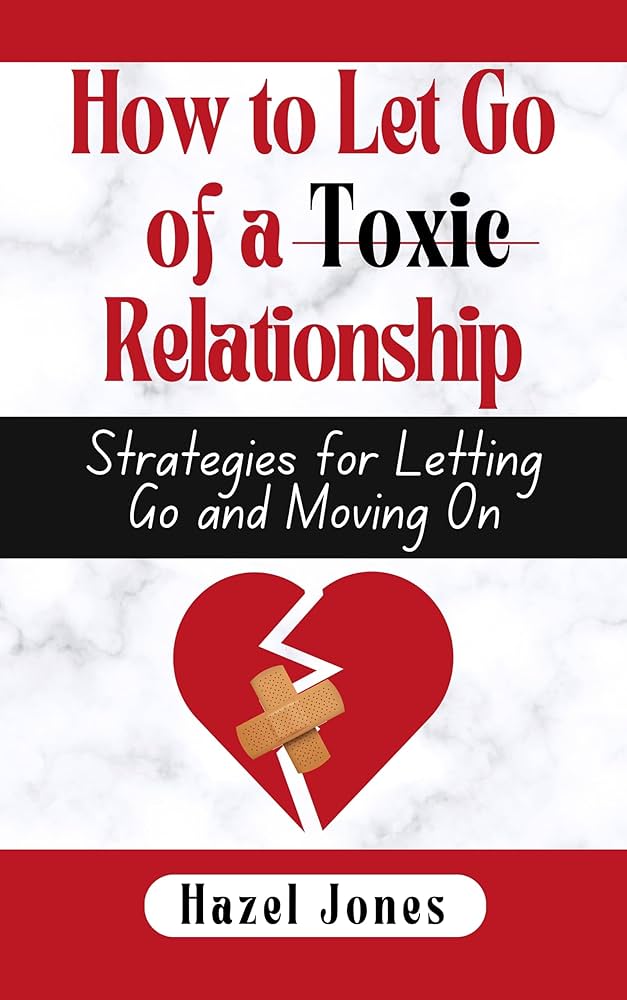
Recognizing Signs of a Toxic Relationship
Emotional Manipulation
Emotional manipulation is a hallmark of toxic relationships. Individuals might find themselves feeling guilty or anxious when they didn’t initially have these feelings before. For instance, if one partner uses the silent treatment to control the other’s emotions, that’s a clear sign of manipulation. Recognizing these tactics can empower individuals to reclaim their emotional well-being.
Lack of Trust
A lack of trust can corrode the foundation of any relationship. Signs include constant jealousy, checking phones, or needing to know the whereabouts of a partner at all times. Reflect on your own experiences: Does your partner frequently question your motives or feel insecure? This undermines the bond and creates a cycle of suspicion.
Constant Criticism
Finally, constant criticism can erode self-esteem and lead to feelings of worthlessness. If a partner frequently belittles achievements or appearance, it’s a serious red flag. Take a moment to consider:
- Do you always feel like you’re walking on eggshells?
- Are compliments rare and criticisms common?
Recognizing these signs is crucial in taking the first step towards a healthier relationship.

Understanding the Impact on Mental Health
Effects on Self-Esteem
The impact of a toxic relationship can significantly alter an individual’s self-esteem. Continuous criticism and emotional manipulation can lead someone to doubt their worth. For example, consider a person who has been told repeatedly that their opinions don’t matter; they might start believing it, feeling less confident in social situations or their professional life.
Anxiety and Depression
Toxic dynamics can also breed anxiety and depression. Imagine experiencing sleepless nights due to constant worry about a partner’s reactions. This cycle can heighten feelings of hopelessness and despair. Indicators may include:
- Persistent sadness
- Increased irritability
- Difficulty concentrating
Isolation from Support Systems
Additionally, toxic relationships often create isolation from friends and family. Partners might discourage outside friendships or exaggerate issues to alienate their loved ones. If someone feels they must choose between their relationship and their support network, it reflects deep-seated toxicity. Recognizing these effects is pivotal for reclaiming mental health and fostering personal recovery.

Setting Boundaries and Prioritizing Self-Care
Establishing Personal Limits
After recognizing the impact a toxic relationship has on mental health, it becomes essential to set personal limits. Establishing boundaries means communicating clearly what behaviors are acceptable and which are not. For instance, if a partner often interrupts, one might say, “I feel disrespected when you do that. Can we agree to listen to each other fully?” This clarity fosters mutual respect.
Seeking Professional Help
In many cases, seeking professional help can provide valuable support and guidance. A therapist can offer strategies tailored to individual situations. They can provide a safe space to express feelings and navigate the complexities of toxic relationships.
Engaging in Self-compassion Practices
Lastly, engaging in self-compassion practices can be transformative. This involves treating oneself with kindness and understanding rather than harsh judgment. Simple actions like journaling, practicing mindfulness, or affirmations can improve emotional resilience. For example, remind oneself daily: “I am worthy of love and respect.” By prioritizing self-care, individuals can begin to heal and rebuild their lives.

Letting Go and Moving Forward
Acceptance and Closure
Letting go of a toxic relationship often begins with acceptance and closure. It’s vital to acknowledge that the relationship wasn’t healthy and recognize the lessons learned. For instance, an individual might say, “I understand that this experience has helped me identify what I truly want in a partner.” Accepting the past allows one to release the weight of regret and move forward.
Building a Support Network
Next, building a support network is crucial in this healing journey. Surrounding oneself with positive influences can offer encouragement and strength. Consider reaching out to friends, family, or community groups who uplift and validate feelings.
Embracing Growth and Healing
Lastly, embracing growth and healing is essential. This may involve setting new personal goals, exploring hobbies, or even traveling. Reflect on what brings joy and fulfillment:
- Take up a new hobby (like painting or hiking)
- Join a book club or yoga class
These steps create a renewed sense of purpose, making it easier to let go of the past and stride confidently into the future.
